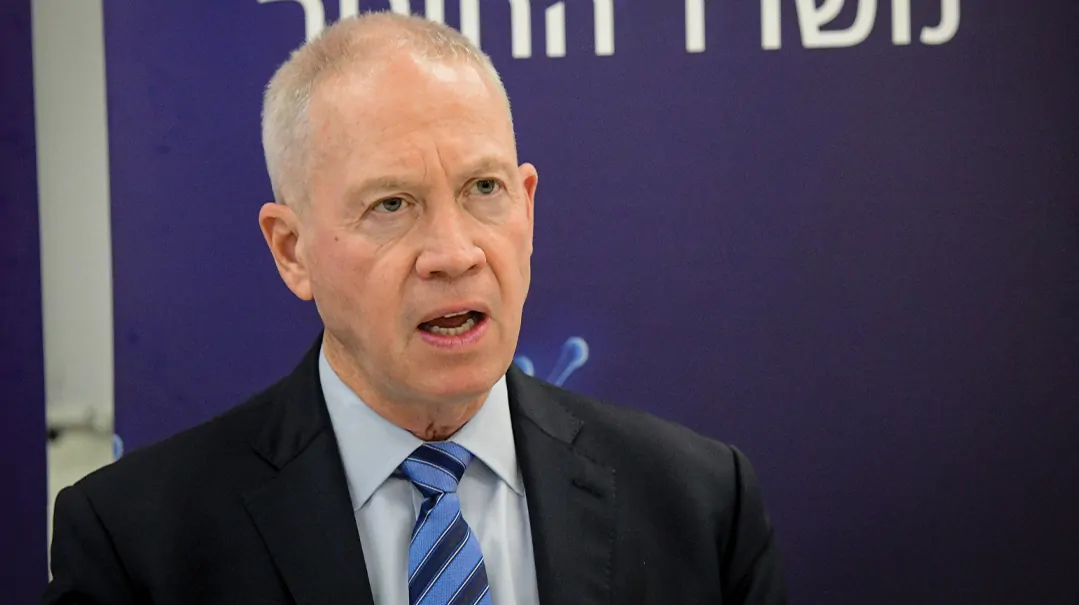
The International Criminal Court (ICC) has made a significant move in the ongoing Israeli-Palestinian conflict by seeking arrest warrants for high-ranking leaders on both sides. ICC Chief Prosecutor Karim Khan announced that he is pursuing charges against Israeli Prime Minister Benjamin Netanyahu, Defence Minister Yoav Gallant, and three leaders of Hamas. This development follows severe escalations in the region, marked by substantial casualties and a dire humanitarian crisis.


In the past 24 hours, the Gaza Health Ministry reported that more than 100 Palestinians have been killed as Israel intensified its military operations across the Gaza Strip. The surge in violence has exacerbated the already critical conditions in the enclave, pushing local healthcare facilities and resources to their limits.
Doctors Without Borders,has highlighted the severe shortage of essential supplies, stating that the besieged al-Awda Hospital near the Jabalia refugee camp has completely run out of drinking water. This shortage is emblematic of the broader humanitarian crisis facing Gaza, where infrastructure and services are collapsing under the strain of continuous conflict.
The United Nations humanitarian chief has warned of “apocalyptic” consequences due to the severe shortage of aid, as key border crossings such as Rafah and Karem Abu Salem (Kerem Shalom) remain effectively blocked. These crossings are crucial for the delivery of humanitarian aid, and their closure has left Gaza’s population in a desperate situation, grappling with hunger and a lack of basic necessities.
Since the beginning of the recent conflict on October 7, at least 35,562 people have been killed and 79,652 wounded in Israeli attacks on Gaza, according to health officials in the enclave. On the Israeli side, the death toll from Hamas’s attacks stands at 1,139, with dozens still held captive. The scale of casualties and the continued violence underscore the urgent need for international intervention and accountability.
The ICC’s decision to seek arrest warrants against leaders from both Israel and Hamas signals a significant step in addressing the alleged war crimes and crimes against humanity committed during the conflict. For Israeli leaders Netanyahu and Gallant, the charges reflect accusations of disproportionate use of force and targeting of civilians in their military campaigns. For the Hamas leaders, the charges pertain to the indiscriminate rocket attacks and other acts of violence directed at Israeli civilians.
This move by the ICC is likely to have wide-ranging implications for the conflict and for international law. It underscores the international community's growing impatience with the longstanding impunity for actions that have resulted in massive loss of life and suffering on both sides. While it remains to be seen how these warrants will be enforced, the ICC's action is a clear message that accountability for war crimes and crimes against humanity is imperative, regardless of the perpetrators' political or military status.
The international community continues to watch closely as the situation in Gaza and Israel unfolds, with calls for a ceasefire and humanitarian access growing louder. The pursuit of justice through legal mechanisms such as the ICC is seen by many as a crucial component in resolving one of the most protracted and devastating conflicts in modern history.











